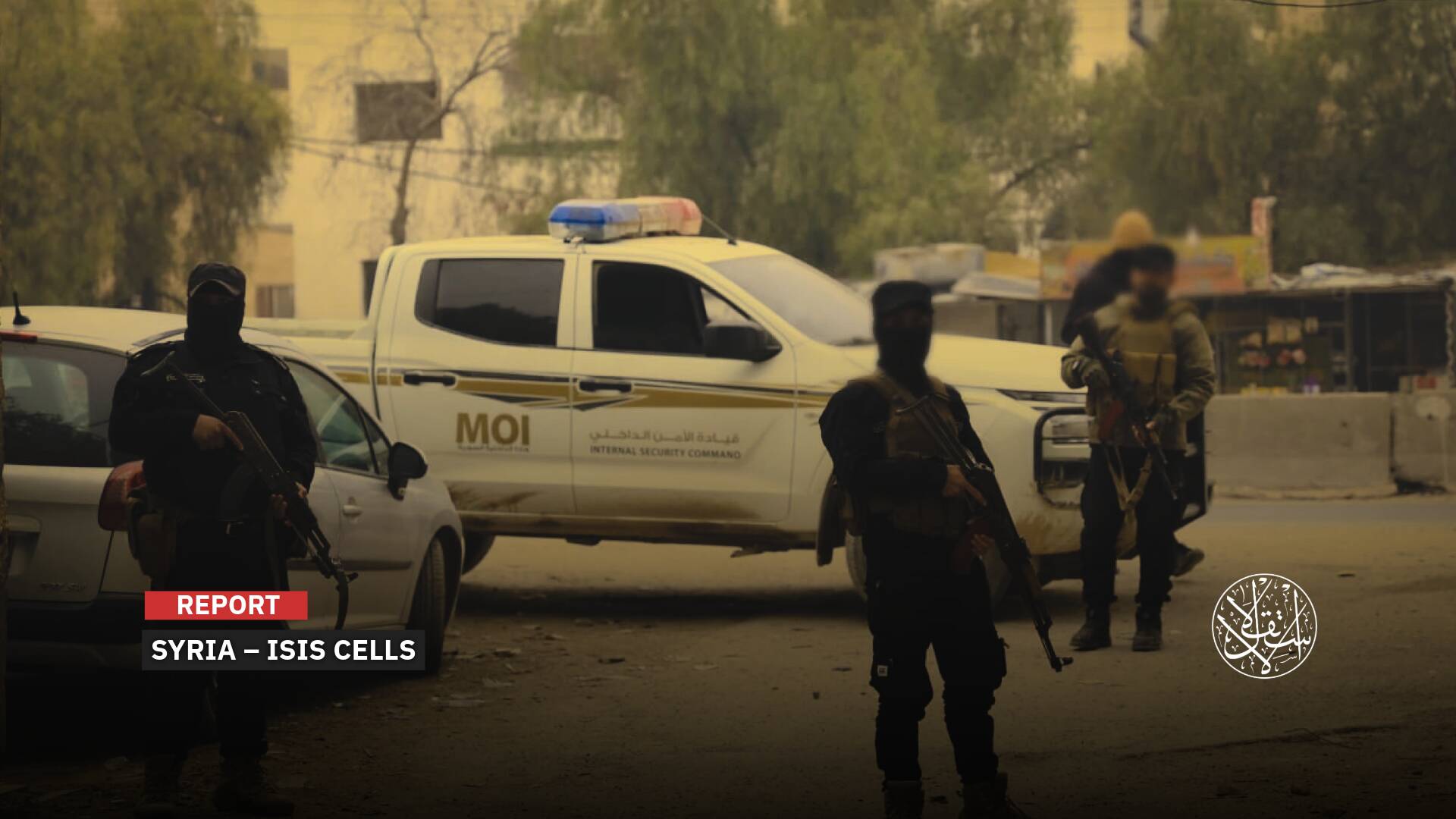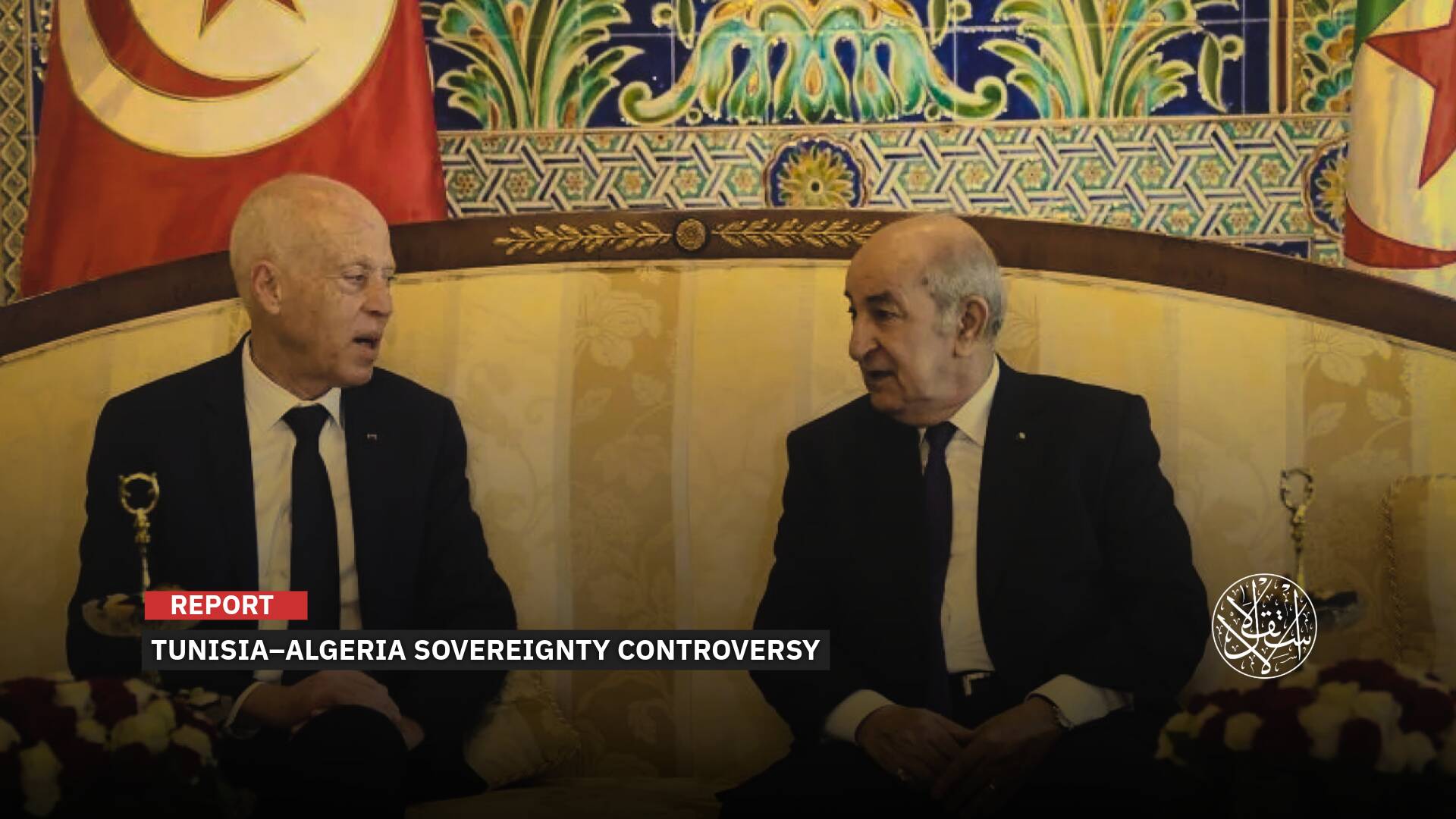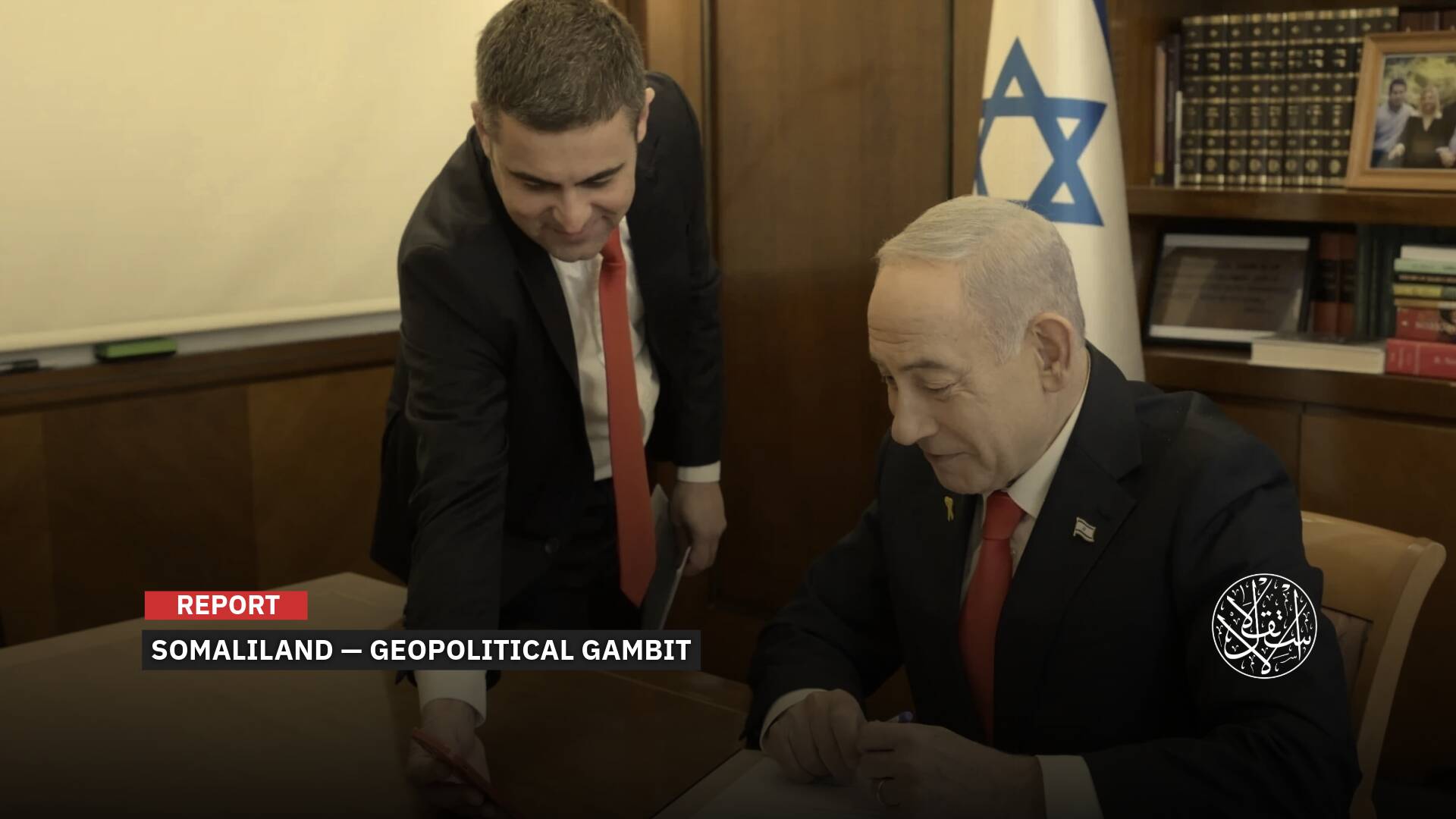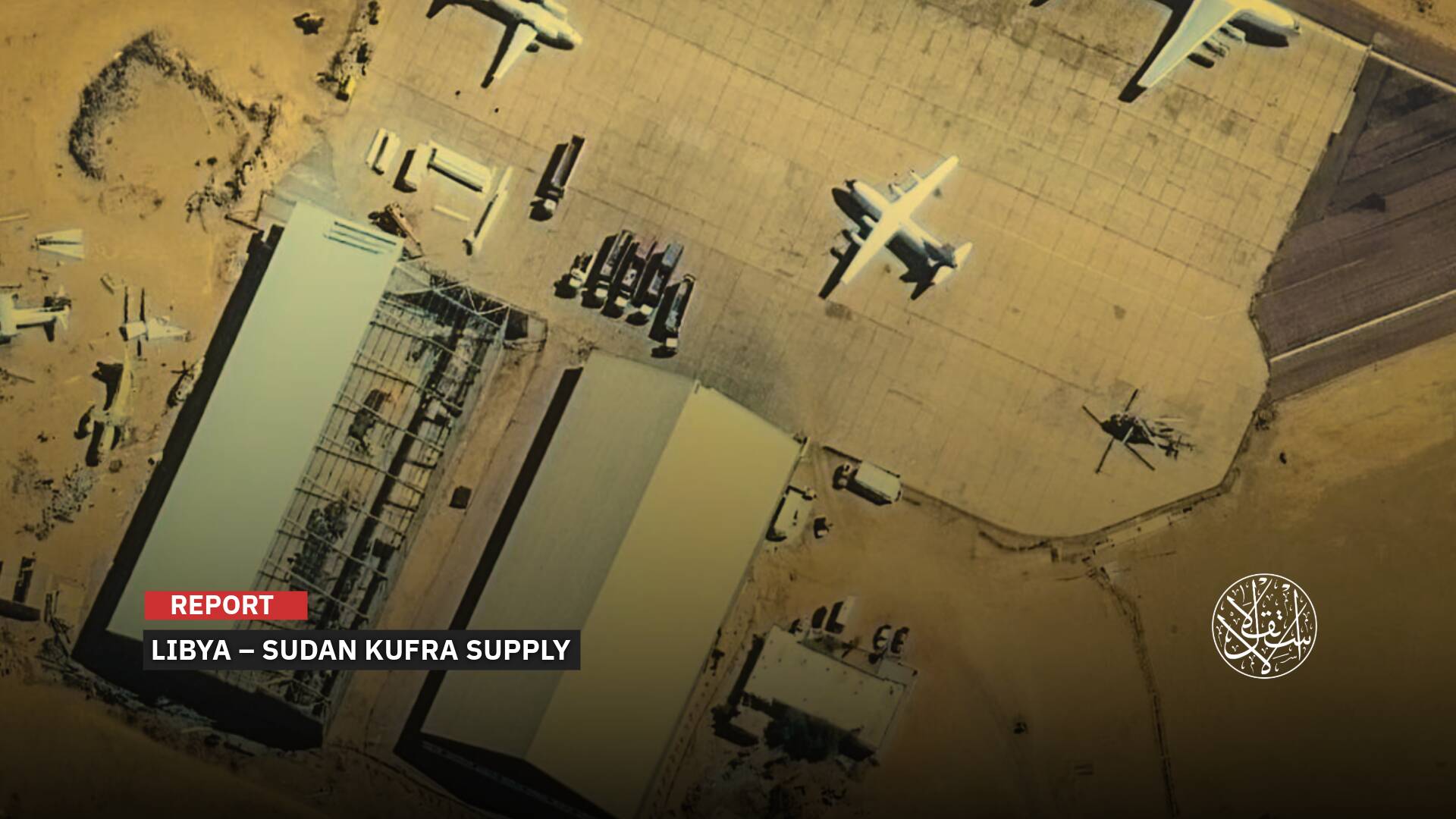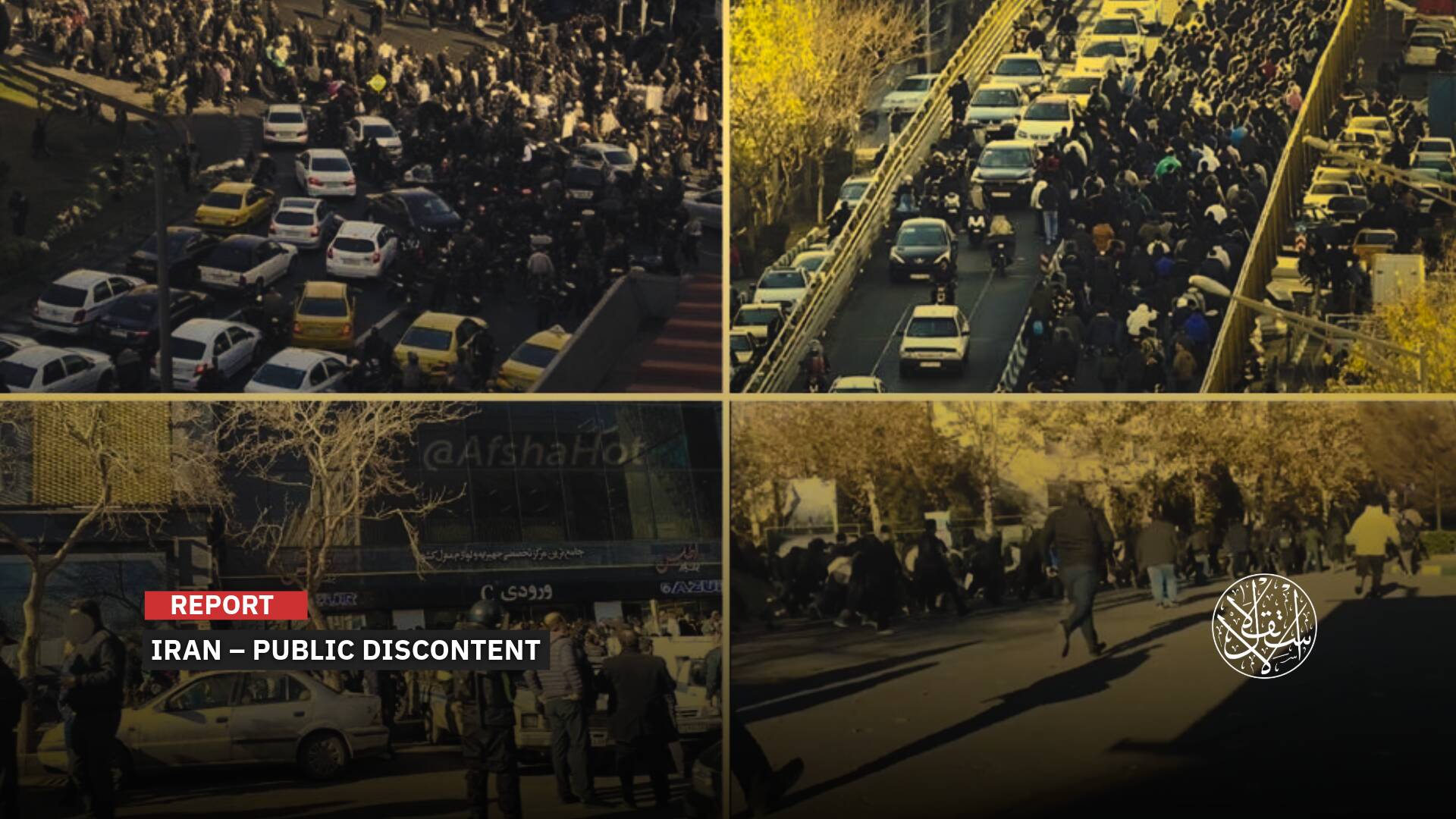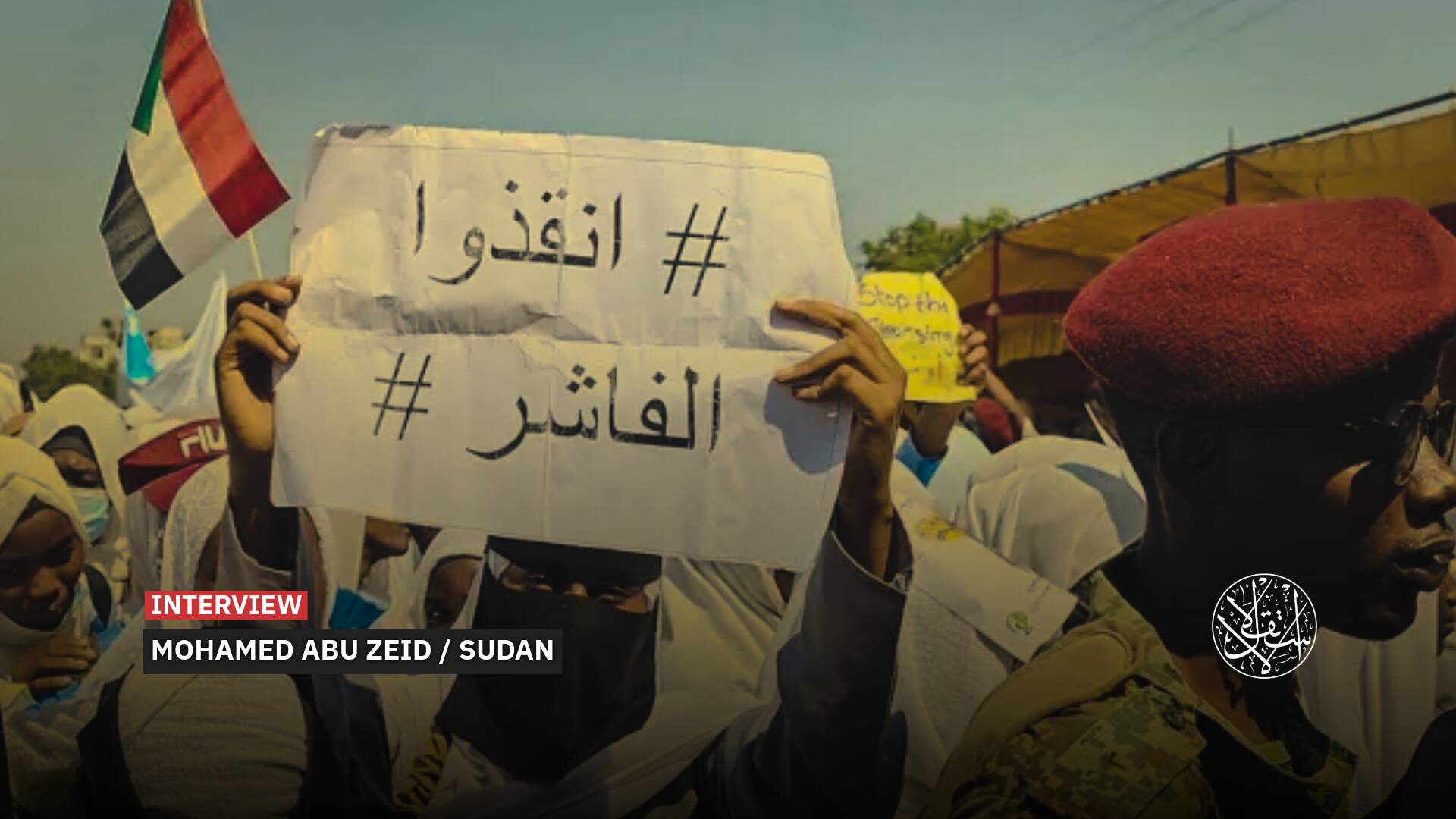Creating Myths: Why Did Hollywood Portray War Criminal Golda Meir as a Heroine?

With the approaching 50th anniversary of the October War of 1973 between "Israel," Egypt, and Syria, Hollywood promoted a film centered around the character of the late Israeli Prime Minister, Golda Meir, shrouded in legends under the title Golda.
The film, a new political drama starring the renowned British actress Helen Mirren, sheds light on the events of the October 6, 1973 war and how Meir managed it during the 19-day conflict.
American newspapers have characterized it as an attempt to "rehabilitate Golda Meir's image," falling under the category of "endeavors to construct advertising legends."
Its danger lies in pushing the Israeli narrative of the October War through American screens in an attempt to whitewash Meir and show sympathy for the Israeli state regarding the "aggression" by Arab nations against the Israeli Occupation on the sacred day, Yom Kippur.
The docudrama fails to acknowledge that Egypt and Syria were seeking to reclaim their occupied territories, not initiating aggression against "Israel." The battles took place on Egyptian and Syrian soil, not within the occupied Palestinian territories.
Critics have described the film as a type of propaganda cinema that seeks to present a selective vision of cinematic production, deviating from established historical facts and events.
Its goal is to sidestep real-world truths, craft parallel illusions, and assertively impose them through the realms of drama and media.
Fictional Story
The film tells a fictional story that aims to depict Meir as an iron-willed woman who stood her ground against the "aggression" of Egypt and Syria on her country's territory. However, these were battles for the liberation of land occupied by the Israeli Occupation and took place in Sinai and the Golan Heights, not within the occupied Palestinian territories.
The film is set during the three-week war in which Egypt triumphed over the Israeli Occupation by crossing the Suez Canal. It focuses on Meir's decision-making during the war and her complex relationship with the U.S. Secretary of State, Henry Kissinger.
The film highlights a specific period in Meir's life, precisely one day before the October War, throughout the war, until the ceasefire and the subsequent signing of the peace agreement, followed by her death. Its story was written by the British screenwriter Nicholas Martin, who distorted many historical facts in its cinematic narrative. He attempted to attribute the Israeli–Egyptian peace to Meir rather than to the late Egyptian President Anwar el-Sadat, who visited Jerusalem for this purpose.
Instead of showing that Meir rejected various opportunities for "peace" between "Israel" and Egypt in the years preceding the war, the film claims that the 1979 Israeli–Egyptian peace "resulted from what Meir did!"
The film is directed by Israeli filmmaker Guy Nattiv, who won an Oscar for his short film Skin in 2018, and it began screening in cinemas across the United States in late August 2023. It has been criticized for being badly scripted and completely devoid of any meaningful insights.
The film is described as "cheap and impoverished," with producers attempting to mask its flaws with heavy makeup for the film's protagonist, who played the role of Meir.
In a review, Peter Bradshaw in The Guardian on February 20, 2023, described it as a dull war film and a lackluster political drama. The film portrays Meir as a superficial character, with the most crucial aspect being Meir's private conversations with (Jewish–American politician and U.S. Secretary of State during the Nixon administration) Kissinger to provide support and rescue "Israel" after its defeat.
During one of their telephone conversations in the film, Kissinger (played by actor Liev Schreiber) warns her of the strong influence of the Soviet Union in the war, and she responds with a story about the Kazakhs (Muslims) attacking them in the old Soviet Union and their retaliation while intoxicated, proving that regardless of what happens, she is no longer afraid of the Russians.
She tells him she is not that little girl hiding in the basement (from the Soviet attacks on Jews), and the film's author claims that her fear of massacres helped shape her strong personality.
Film Downfalls
Despite Meir being a war criminal who participated in policies that led to the killing of hundreds of Arab soldiers, the film attempts to focus on her false "humanity."
It "skips the broader history lesson and focuses on her humanity as she navigated the Yom Kippur War," as stated by the Times of Israel on August 24, 2023.
It even links her feelings of shock after the war's defeat to the lack of this feeling, claiming that without it, there would have been no incentive for peace.
Golda, the docudrama as described by The Washington Post, does not address the widespread criticisms in "Israel" and the West that Meir could have entirely avoided the war during the months leading up to the attacks.
On the contrary, it attempts to depict her in an exaggerated human light, particularly after the defeat and her sense of responsibility for the deaths of Israelis.
In a scene after the tide of battle has turned against "Israel," Meir wrings her hands in anguish so vigorously that she draws blood, a clumsy metaphor for complicity in Israeli deaths.
This portrayal is seen as overly theatrical, with The Washington Post describing it on September 23, 2023, as "a clumsy metaphor for complicity in Israeli deaths."
Within this false humanity, the film tries to convey that Meir was saddened by the loss of Israeli and Arab lives, portraying her as remorseful.

In a report dated August 31, 2023, the Jewish Telegraphic Agency cited the legal advisor for the Palestinian negotiating team during peace talks with "Israel" from 1999 to 2003, Omar Dajani, who stated that the film is "misleading and infuriating."
He highlighted that the film fell short in explaining to the audience that Egypt was striving to reclaim its occupied lands, and the assault on "Israel" was taking place on Egyptian territory. Ultimately, President Sadat was seeking to regain control of the Sinai Peninsula.
Dajani mentioned that President Sadat had presented repeated initiatives for a peaceful settlement if "Israel" agreed to hand back the Sinai Peninsula, which it had captured during the Six-Day War in 1967. However, Meir rejected all of these proposals.
She pledged to prevent any peace initiative that required recognition of Egyptian sovereignty over Sinai, according to Israeli historian Yigal Kipnis, author of the book 1973: The Road to War, published in 2012, as reported by The Times of Israel on June 9, 2013.
Documents published in 2013 revealed that Meir had offered to relinquish "most of Sinai" but without a full return to pre-1967 borders, a proposal that Egypt rejected in backchannel communications with Kissinger.
The film attempts to blame Egypt and Syria for their surprise attack on "Israel" on Yom Kippur, one of the holiest days in the Jewish calendar, while "Israel" was ill-prepared and had fewer troops. It claims that "Israel ultimately won the war."
However, the "victory came at a steep cost," as the film alleges, with approximately 2,800 Israeli soldiers killed and more than 8,000 others injured.
The Palestinian Meir
Golda Meir was born on May 3, 1898, in Kyiv, Ukraine, which was then part of the Russian Empire. She immigrated with her family to Milwaukee, Wisconsin, USA, in 1906.
She grew up in Milwaukee before later immigrating to "Israel" and served as Prime Minister from 1969 to 1974. She passed away in 1978.
In a previous interview, she admitted that she was practically "Palestinian" and held a Palestinian passport between 1931 and 1948.
Critics and Arab activists have criticized the film for whitewashing Meir, citing videos of her stating that she was "Palestinian, not Israeli" upon her arrival in Palestine and before she became famous.
قصة #جولدا_مائير الاوكرانية التي اصبحت فلسطينية حتى ١٩٤٨. رئيسة وزراء " اسرائيل" التي تنكرت لوجود #فلسطين pic.twitter.com/LInIn2JAKf
— Jamal Fakhro (@jfakhro_58700) September 3, 2023
In an interview with German television on September 3, 2023, the author Nicholas Martin revealed that while writing the screenplay, he received information from the head of the Israeli State Archives, Hagai Tsoref. This information indicated that "Israel" had established an extremely costly eavesdropping system on the Egyptian leadership's communication lines between the Suez Canal and Cairo.
Martin stated that, thanks to this system, which included highly sophisticated equipment, Prime Minister Meir at the time was informed that she would receive at least a 72-hour advance notice before any Egyptian attack, provided that the system continued to function.
He added that the head of military security in military intelligence at that time was entirely convinced that there was no possibility of war. In fact, he had not even activated the eavesdropping system. For this reason, Martin believes that it is unfair to blame Meir.
The author describes Meir as the woman who broke barriers and strengthened support for the Zionist cause, a dedicated leader with a sense of humor.
However, he acknowledges that, even after many years, Israelis still publicly criticize members of the Meir family for her failure as prime minister.
Nevertheless, the film's director, Guy Nattiv, admitted to Deadline on August 21, 2023, that the film indeed depicts "Israel's defeat," and everyone knows that well.
It was a war of attrition, and everyone lost their balance, including the political and military figure Moshe Dayan, the Israeli superhero, who suffered a setback in this war.
On September 8, 2023, the Times of Israel published documents and testimonies from the Israeli archives, as well as some documents from the Agranat Commission, which investigated the outcomes of the October War of 1973.
Among the documents published were confessions from the Israeli Prime Minister during the war, Meir, who admitted before Agranat Commission members to her failure in reading intelligence information that warned of the war.
She stated that she should have made a decision to call up the reserves contrary to the intelligence recommendations, and confessed that President Sadat's decision to expel the Russian experts from Egypt on the eve of the war seemed illogical and contributed to her confusion and acceptance of the assessments that ruled out an Egyptian attack.
She added that she "did not dare" to confront the army commander and the head of military intelligence, who both dismissed the possibility of war in 1973, confirming that neither of them "demanded the mobilization of the reserves."
Meir's acknowledgment highlights that, despite the substantial funds invested in intelligence for early warnings and assurances she received, "Israel" still failed to anticipate the Arab attack.

Shortly after the war, the Agranat Commission was formed to investigate and determine responsibility for the failure to anticipate the sudden Egyptian–Syrian attack and the subsequent response to it.
Ten days after the commission published its report, Golda Meir resigned from her position. However, most of the details of the investigation remained undisclosed for years.
A year before her death, she participated in the historic event represented by President Sadat's visit to "Israel," where he became the first Arab leader to deliver a speech before the Knesset on November 20, 1977, calling for "peace."
The meeting between her and Sadat was characterized by its "intimacy," and she praised his courage and his vision. She even jokingly mentioned that he always referred to her as the old lady.
In Golda, Meir's life events are presented as recollections while she testifies before the Agranat Commission of Inquiry, an investigation into the Israeli military shortcomings prior to the war. Despite being exonerated by the commission, she opted to step down.

It was only four years later, after a covert struggle with lymphoma that lasted 15 years, that Meir passed away at the age of 80.
Nattiv aimed to humanize her by emphasizing the solitary, excruciating days of war that unfolded in the final chapter of her life, which she spent moving between war rooms and hospital beds.
"I wanted to show the most pivotal moment in her life and in this country's life, this junction that shaped her whole image, while she was sick and had to make difficult decisions," said Nattiv. "I wanted to tell her story through loneliness."
Nattiv also depicts Meir in the space where her political acumen intersected with a nurturing instinct: her personal home kitchen. Similar to the actual Meir, Mirren's portrayal prepares meals for a small circle of advisors welcomed into her home. The prime minister was renowned for serving cheesecake and apple strudel to her influential guests on Shabbat evenings, fostering discussions and debates around the dining table. This tradition became famously known as "Golda's Little Kitchen" or her "Kitchen Cabinet."
Sources
- Zooming in on Yom Kippur War, ‘Golda’ aims to rehabilitate Golda Meir’s image
- ‘Golda’ Filmmaker Guy Nattiv On Why The Time Is Right For A Biopic About Israel’s Only Female Prime Minister – Crew Call Podcast
- Not your standard biopic, ‘Golda’ is a gritty warning about the cost of victory
- “Golda”: A film about the controversial “Iron Lady of Israel” [Arabic]
- Israel declassifies almost all files on the Yom Kippur War [Arabic]


